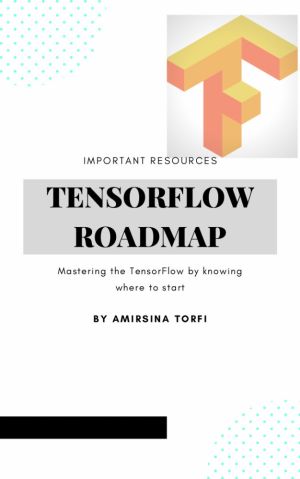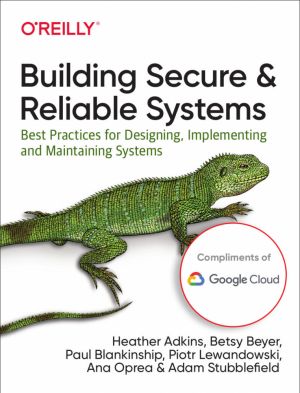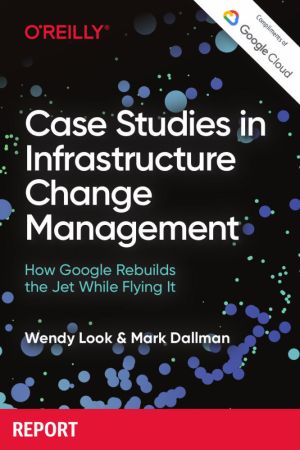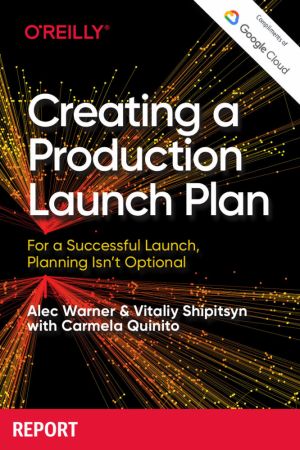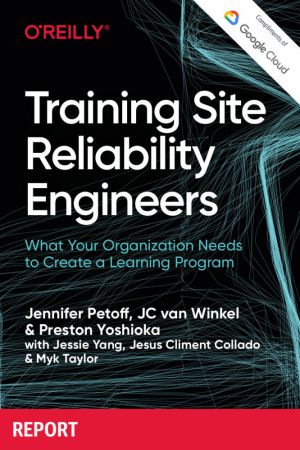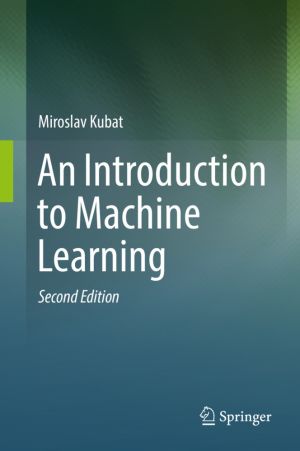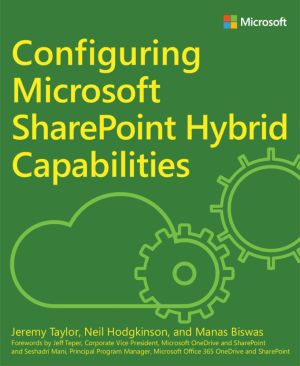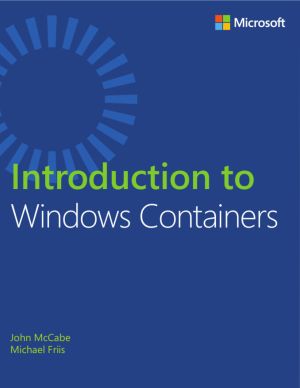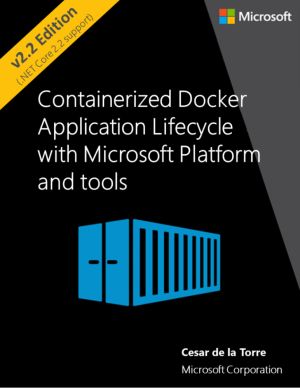Computer Science
Free Download Open Books
by Amirsina Torfi
A deep learning is of great interest these days, the crucial necessity for rapid and optimized implementation of the algorithms and designing architectures is the software environment. TensorFlow is designed to facilitate this goal. The strong advantage of TensorFlow is it flexibility is designing highly modular model which also can be a disadvanta...
by Betsy Beyer, Piotr Lewandowski, Ana Oprea, Paul Blankinship, Heather Adkins, Adam Stubblefield
Can a system be considered truly reliable if it isn't fundamentally secure? Or can it be considered secure if it's unreliable? Security is crucial to the design and operation of scalable systems in production, as it plays an important part in product quality, performance, and availability. In this book, experts from Google share best prac...
by Wendy Look, Mark Dallman
The Infrastructure Change Management (ICM) program at Google drives migrations, deprecations, and other large-scale infrastructure changes. Case studies in this book explore how infrastructure change projects are managed at Google. From these case studies, we'll provide insight into lessons learned from these different approaches, and provide ...
by Alec Warner, Vitaliy Shipitsyn, Carmela Quinito
In this book, we describe the components of a launch plan at Google and offer practical methods you might apply to reduce production launch risks for your own products. We include lessons we have learned about what works well for launching Google products, including large products, new features for existing products, and even small products. The le...
by Jennifer Petoff, JC van Winkel, Preston Yoshioka, Jessie Yang, Jesus Climent Collado, Myk Taylor
This book discusses how to train Site Reliability Engineers, or SREs. Before we go any further, we'd like to clarify the term "SRE." "SRE" means a variety of things: - Site Reliability Engineer or a Site Reliability Engineering team, based on the context (singular, SRE, or plural, SREs) - Site Reliability Engineering concep...
by Julie McCoy, Nicole Forsgren
To realize the full benefits of SRE, organizations need well-thoughtout reliability targets known as service level objectives (SLOs) that are measured by service level indicators (SLIs), a quantitative measure of an aspect of the service. As detailed in the following section, the measurable goals set forth in an organization's SLOs eliminate t...
by Miroslav Kubat
This textbook presents fundamental machine learning concepts in an easy to understand manner by providing practical advice, using straightforward examples, and offering engaging discussions of relevant applications. The main topics include Bayesian classifiers, nearest-neighbor classifiers, linear and polynomial classifiers, decision trees, neural ...
by Jeremy Taylor, Neil Hodgkinson, Manas Biswas
Microsoft SharePoint hybrid consists of a growing list of advanced hybrid solutions that empowers organizations to consume benefits of the cloud and maintain their on-premises investments. This book is the second in a series of SharePoint hybrid books in which we show you how to configure, troubleshoot, and manage a SharePoint hybrid environment. ...
by John McCabe, Michael Friis
With the introduction of container support in Windows Server 2016, we open a world of opportunities that takes traditional monolithic applications on a journey to modernize them for better agility. Containers are a stepping stone that can help IT organizations understand what key items in modern IT environments, such as DevOps, Agile, Scrum, Infras...
by Cesar de la Torre
This book provides end-to-end guidance on the Docker application development lifecycle with Microsoft tools and services while providing an introduction to Docker development concepts for readers who might be new to the Docker ecosystem. This way, anyone can understand the global picture and start planning development projects based on Docker and M...

